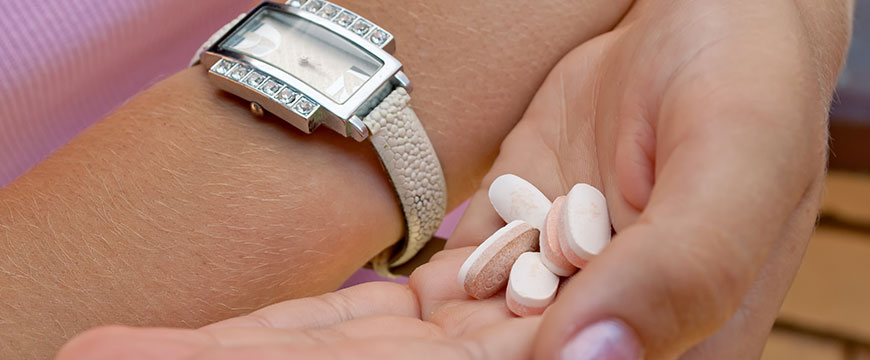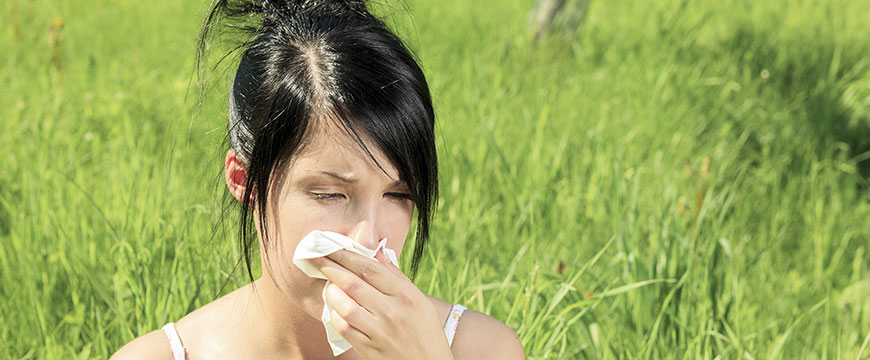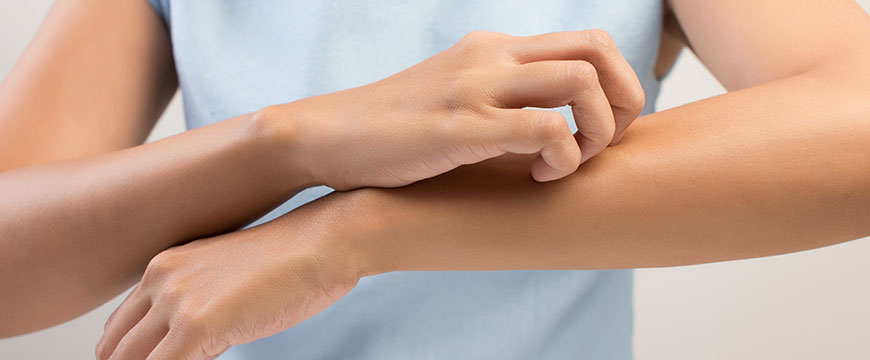
If you suffer from sensitive skin, it’s common for your skin to react to irritants (such as perfumes, essential oils, and talc) and allergens such as pollen, mold, dust, pet dander, and foods such as peanuts.
To return your life to normal, you have to get rid of the rashes. At the moment you must be wondering, how many ways are there on how to get rid of allergic reaction rash? There are plenty of ways you can do it, even without visiting an allergy doctor. Some of these ways include:
Cold press the rash
This is the easiest and fastest way of stopping the pain and itch. Cold pressing also stops the swelling, eases the itching, and slows down the progression of the rash.
There are plenty of ways you can cold press the rashes. You can place a damp cloth on the surface, pour cold water or take cool showers.
One of the most effective ways is to use fabric bags stuffed with ice. Fill the bag with ice, then place the bag on your skin. Hold the bag on your skin until the pain or itch subsides and if the situation doesn’t get better, repeat.
This technique works by limiting blood flow to the affected area. When you apply ice or cold water to the rash, it reduces swelling and inflammation. It can also stop itching immediately. If you have rashes over large parts of your body, it’s difficult to cover the entire area with an ice pack. In such a case, take a cool bath or shower.
Manage the condition using aloe Vera
Aloe Vera is highly effective at managing allergies as it posses strong antifungal, antibacterial, and anti-irritant properties.
There are plenty of ways you can take advantage of aloe Vera. One way is to buy an aloe Vera gel obtained from the aloe leaves and use it to soothe the itchy, irritated skin.
If you have a garden with an aloe plant growing there, you can cut open a leaf, scrape out the gel and apply it directly on the affected skin.
For best results, use the aloe vera twice a day. Before applying it, wash and dry the affected area for maximum absorption.
The aloe Vera works because it contains calcium, zinc, magnesium, vitamin B-12, essential fatty acids, carbohydrates, sterols, and enzymes that give it its unique capabilities.
If you don’t have aloe Vera in your garden or don’t have access to aloe Vera gel, use basil, neem, and coriander leaves to make a paste, then apply it to the affected areas. Let the paste stay on for at least one hour, then rinse it out with water.
Get some relief using baking soda
Baking soda is highly effective at getting rid of allergy rashes. Baking soda also relieves itching and prevents further skin inflammation.
To use it, you need to make a paste of it by mixing half a teaspoon of baking soda in lukewarm water, then apply it to the affected area. Leave it there for a few minutes, then rinse it off. Be cautious not to leave it on the skin surface for too long, as it could cause some irritation.
The chemicals in baking soda act as a buffer where they keep the solutions in a stable acid-alkali balance. Due to this, baking soda soothes the skin and balances the skin’s pH.
See a doctor if things don’t improve.
If you have used the above remedies and none seems to be working, now it’s time to see an allergy specialist Manassas VA. The allergist will begin with doing some tests to determine the nature of your allergy then give you the necessary medications.







